Riot was hoping to announce the results of its selection process for the 2018 NA LCS on its own time after Worlds.
It would be convenient to release the news during an offseason where it would dominate the news cycle. Instead, the company started informing organizations of the status of their applications a couple weeks ago, perhaps naively assuming it would stay quiet. It didn’t. And after the first news was broken, more reports followed. We now have reports indicating which 10 teams have made it.
Related: The Houston Rockets complete the 10-team NA LCS roster for next year
Some are ones we expected: TSM, Cloud9, CLG, and Team Liquid have been linchpins of the LCS over the last few years. There are a few surprises though, and one fairly shocking omission. But looking holistically at the 10 accepted teams allows some insight into Riot’s selection process.
We won’t know for sure which teams are involved until Riot finally responds to these reports. But assuming they’re accurate, it looks like Riot had one main concern: Growing revenue as fast as possible.
Follow the money
The most surprising news to come out of the team leaks over the last two weeks was that Immortals didn’t make it. Despite Immortals’ combination of strong competitive results, devotion to player and league welfare, deep pockets, and fan engagement, its application was found wanting. One possibility for why Immortals was rejected is that its investment in the Overwatch League, the Los Angeles franchise in particular, was a problem for Riot.
The fact that Riot accepted Cloud9 and OpTic Gaming, also participants in Overwatch League, indicates that it was Immortals’ L.A. location that was the issue. And that makes no sense. The studio audience in L.A. is an infinitesimal part of the overall LCS picture. Riot may consider OWL to be a major competitive threat, but it just doesn’t follow why they’d allow two orgs invested in OWL but not a third. The simplest answer is that Riot wasn’t concerned about the OWL as much as they were worried about another part of the Immortals application: money.
Not money in terms of the $10 million application fee or money to pay players and support staff. No, Riot was specifically concerned about Immortals’ ability to bring in new money. Immortals has only been in the league for two years, but its sponsorship page is light. Riot must have been convinced that Immortals’ plans for growing that list of sponsors as part of a franchised league was worse than other teams.
The whole reason the NA LCS is turning into a franchised league is because of money. Franchising allows the League and its teams to bargain with sponsors from a stronger foundation. The idea is that more money will lead to more investment in infrastructure which will benefit growth and long-term longevity, creating a virtuous cycle.
Immortals made a splash when they entered the LCS a couple years ago by bringing venture capitalists with deep pockets. But now that multiple VCs are part of other bids, that is not longer an advantage for Immortals. And that’s a major reason why they’re out.
Why the NBA?
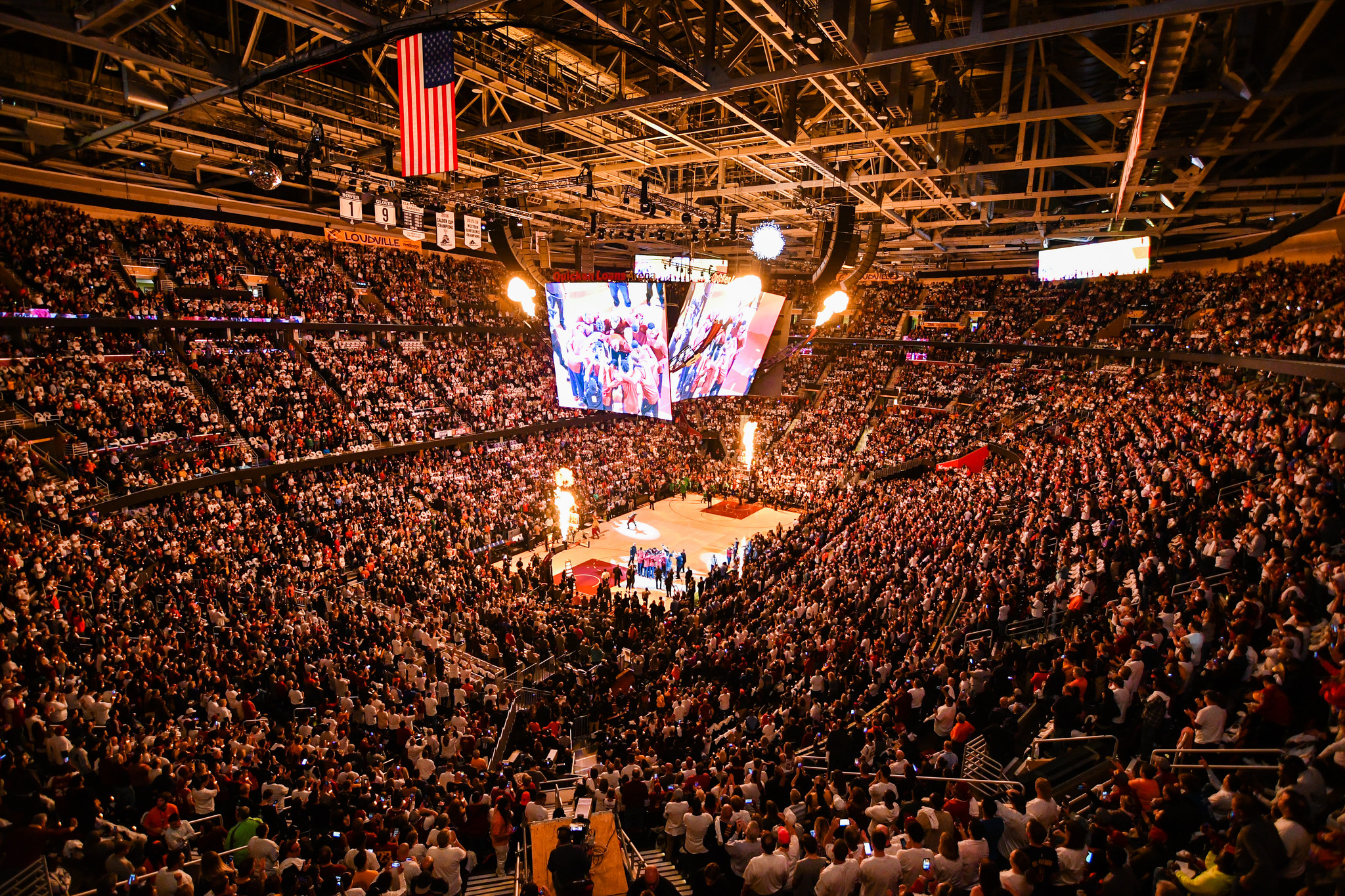
It is also interesting that Riot showed such a preference for applications with NBA partners. Teams affiliated with the NBA make up six out of the 10 LCS spots. This is especially curious given that early this year, Riot signed a streaming deal with the technology and streaming arm of the MLB.
What made NBA owners such a good partners?
They’re already into esports
The obvious reason is simple: the NBA has invested the most into esports already. The NBA was the first major North American sport to invest in its gaming infrastructure, even creating a franchised NBA 2K League. The new league has big ambitions, including potentially an overseas partner. Sound a bit familiar?
The NBA owners affiliated with the LCS applications are mostly VC-types who have experience dealing with esports. They not only have the money to fund these ventures, the have more knowledge and know-how to lend to the LCS. And the NBA has been, by far, the most invested in its online product of the big American sports.
Online focus
Riot’s deal with BAMTech was supposed to be online for Worlds this year, but instead it was beset by delays. Overall, baseball, football, and hockey just don’t have the online presence or expertise that basketball does. The MLB and NFL heavily restrict access to their content via non-league online sources. Over the last several years, the NBA has turned a blind eye to content creators putting their product online.
The NBA’s focus on creating an online ecosystem, even one it does not fully control, jibes with esports. NBA franchises have learned how to work with the internet to grow their brands, and this expertise will be crucial to growing the LCS.
But this isn’t the only area where the NBA’s advanced technology gives it a leg up.
Player development
The other area where basketball is leaps ahead of other sports is in player development. Statistical analysis, player tracking, and nutrition are part of nearly every NBA team’s development system. This mirrors what teams in the LCS are doing in their partnerships with analytics companies like Shadow and Mobalytics, their focus on player health and nutrition, and their other development processes.
In addition, the NBA has the most recent experience setting up a formal developmental system, the G League. By including NBA partners, Riot can look to fast-forward the development of its Challenger system, especially since every LCS team will be required to field a challenger squad next year.
Finally, of all the major North American sports, basketball looks the most like League of Legends. Both involve teams of five competing as a unit. And the similarities don’t just stop at the product. The fanbases look alike as well.
The fans
The NBA also synergizes with esports in terms of audience. The NBA has boasted the youngest audience of the four major NA sports for years. It is easier for an NBA team to bring fans into its esports arm, especially with the popularity of basketball esports. The fact that more than half of the NBA will participate in an NBA 2K league this year must have piqued Riot’s interest.
Overall, when looking at partners, the NBA probably stood out as the league that most closely resembles what Riot envisions for the LCS. A steady mix of fans in its core demographics, a focus on technology, and experience developing an online product should have been major factors in Riot’s decisions. The fact that the NBA continues to grow its bottom line with enormous TV revenues is just icing on the cake.
So get ready for the NBA LCS, because this is the way the league is going to look for a long time.



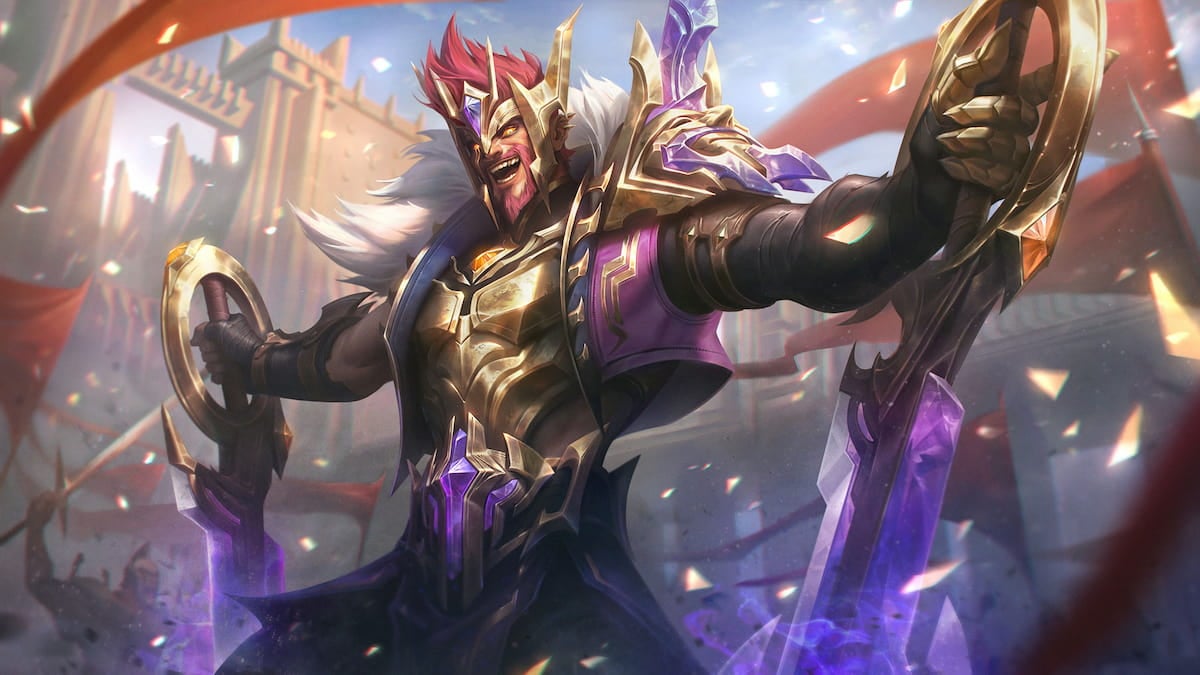
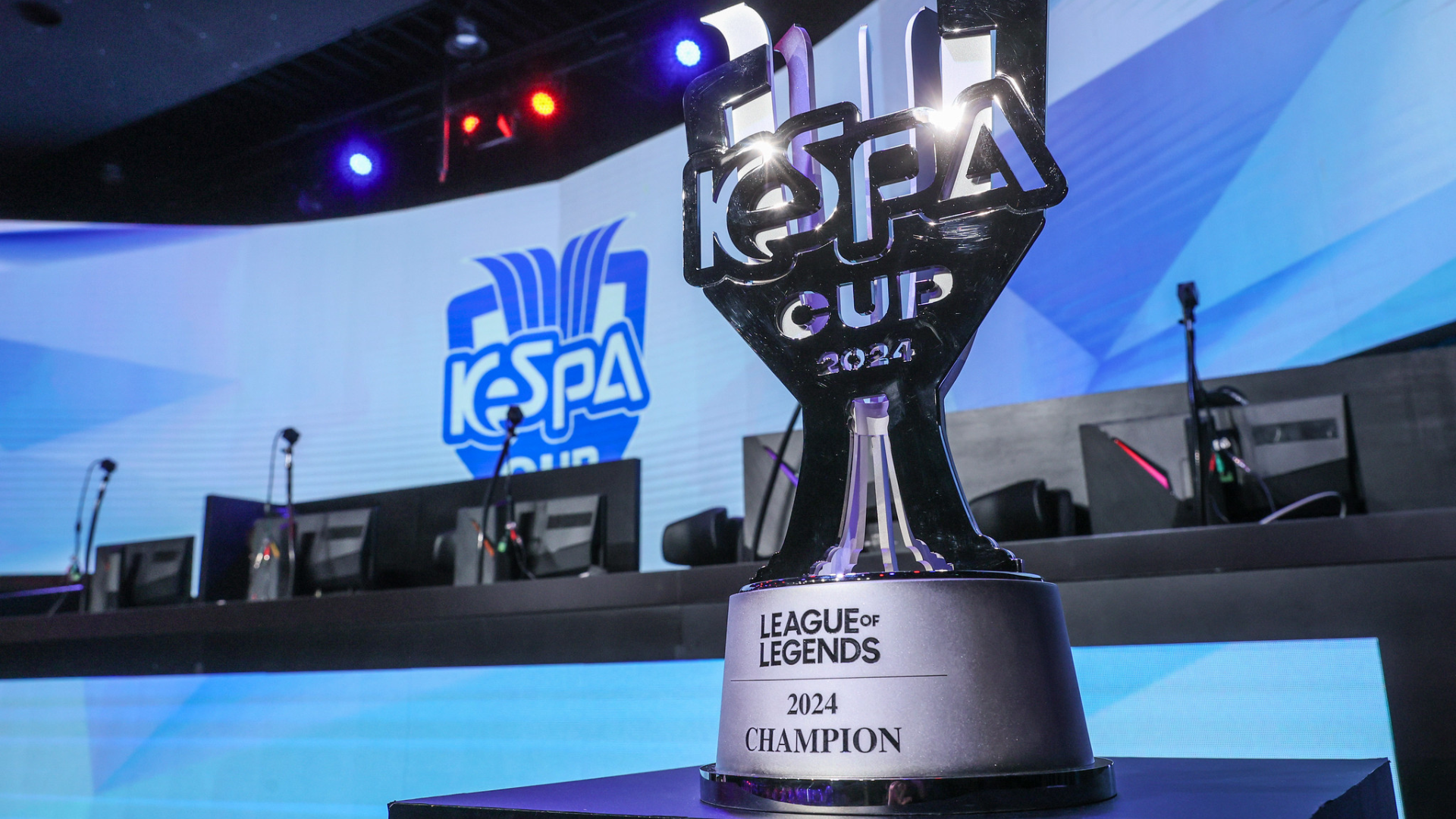
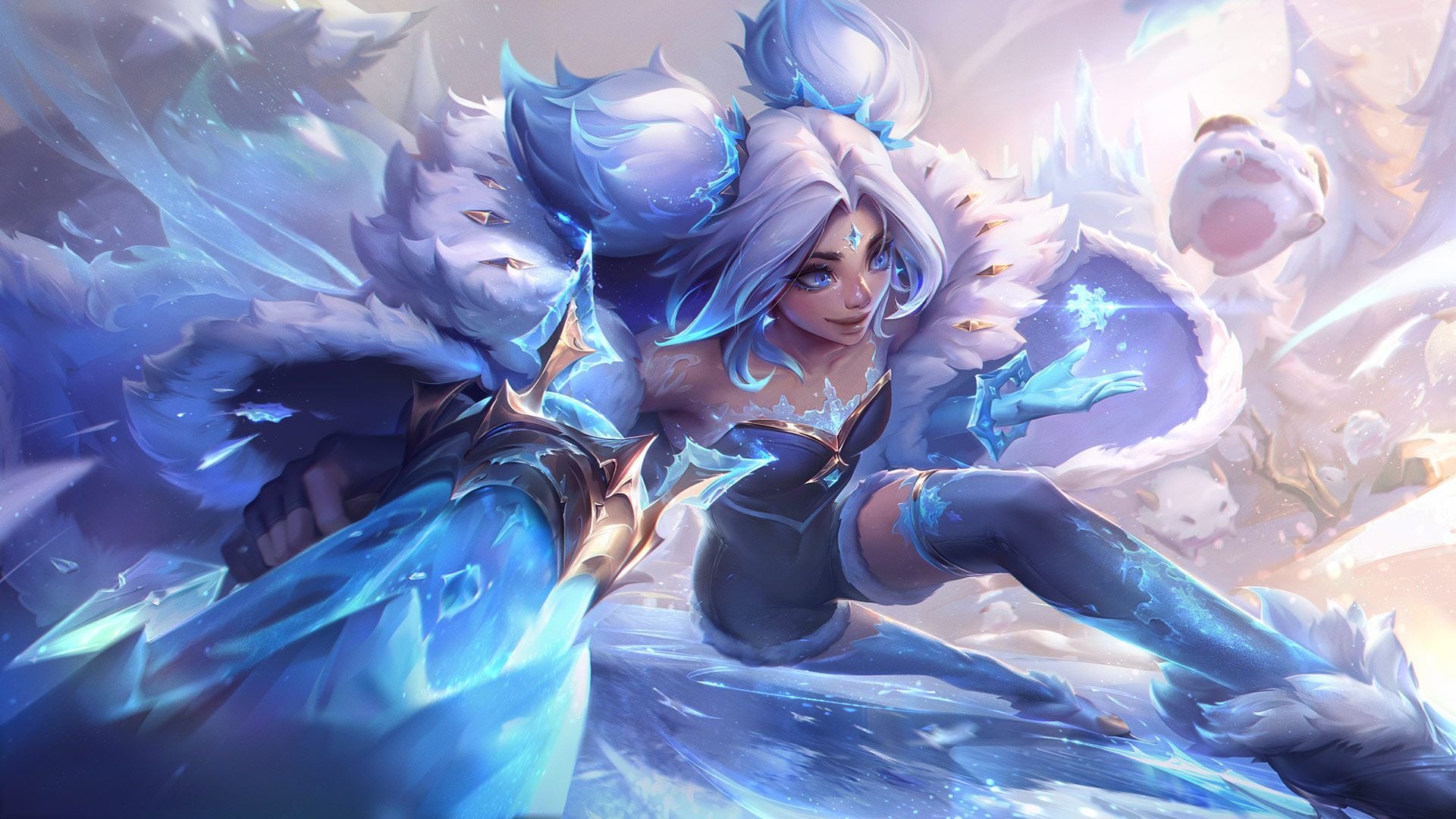

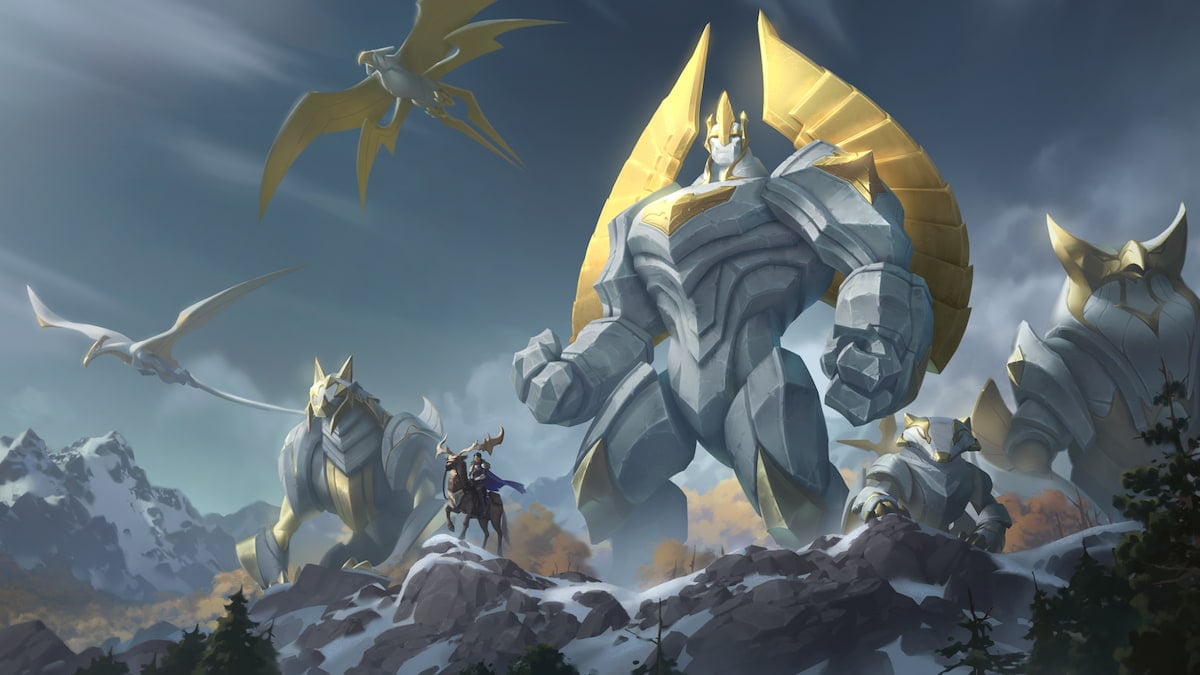
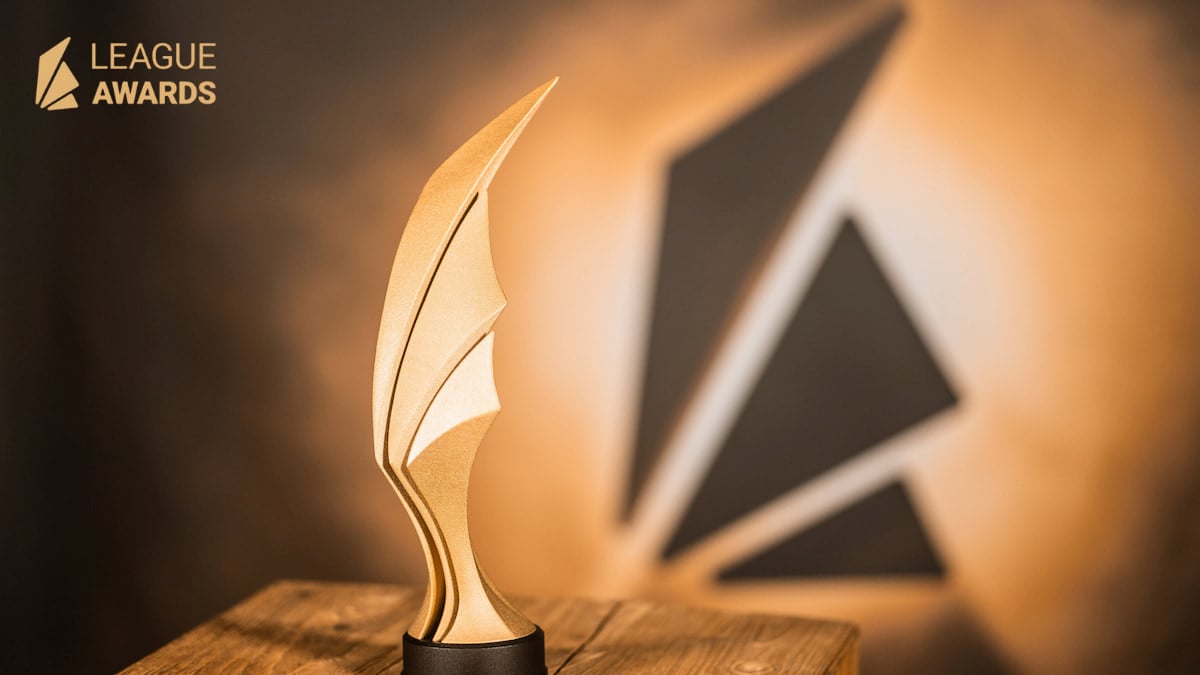
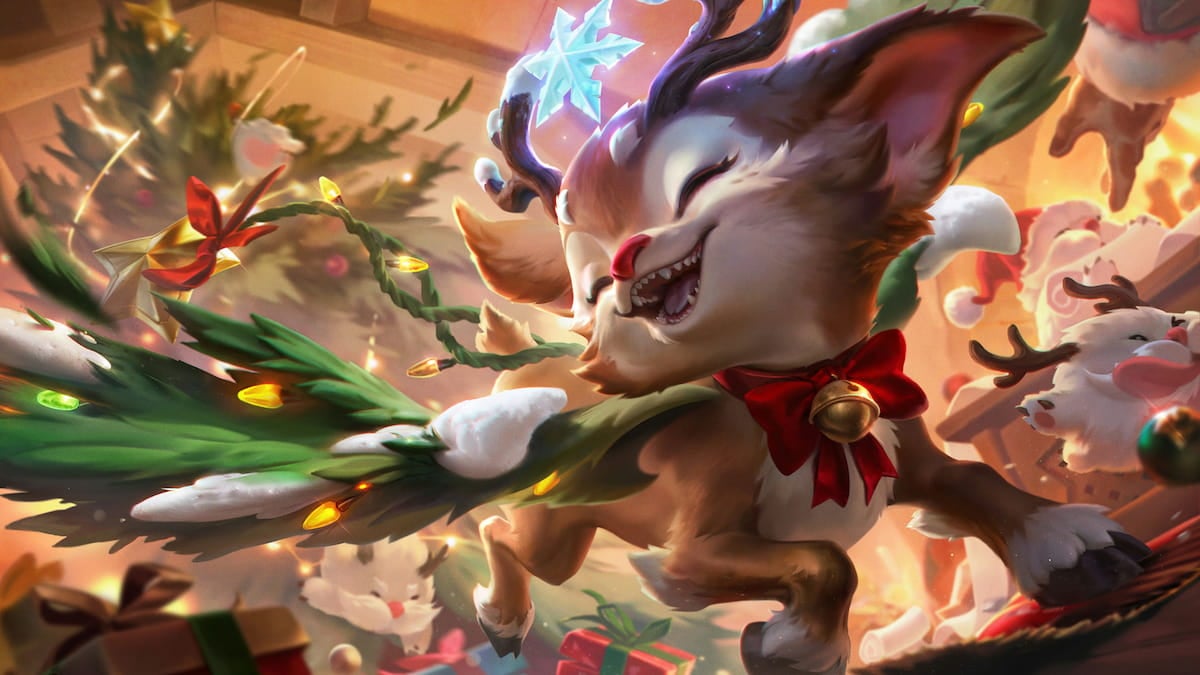
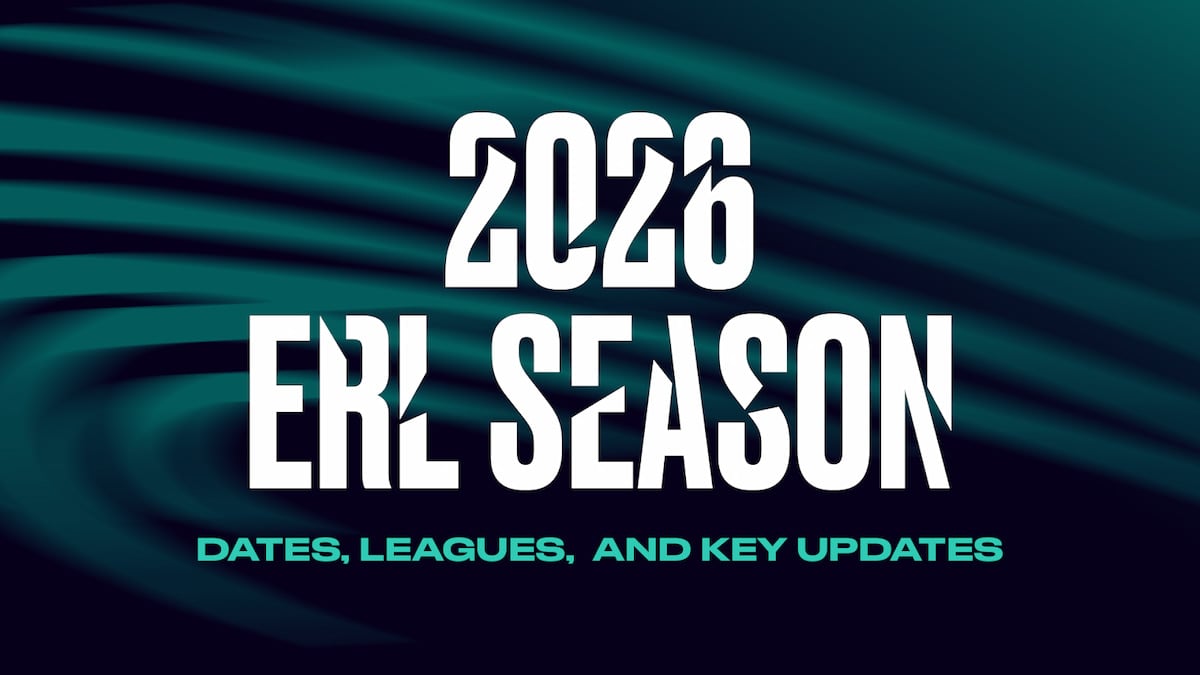
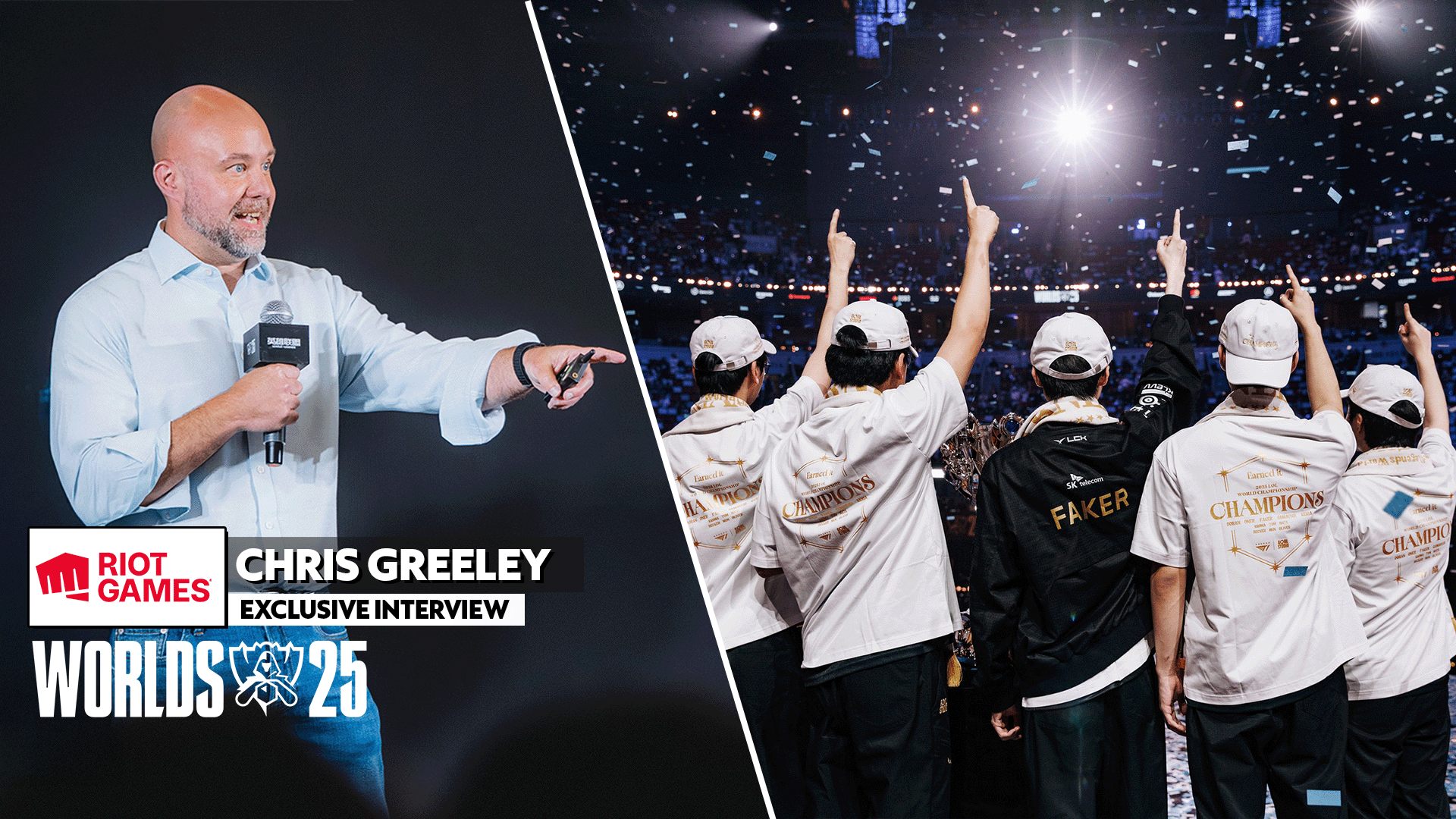

Published: Oct 24, 2017 11:05 am